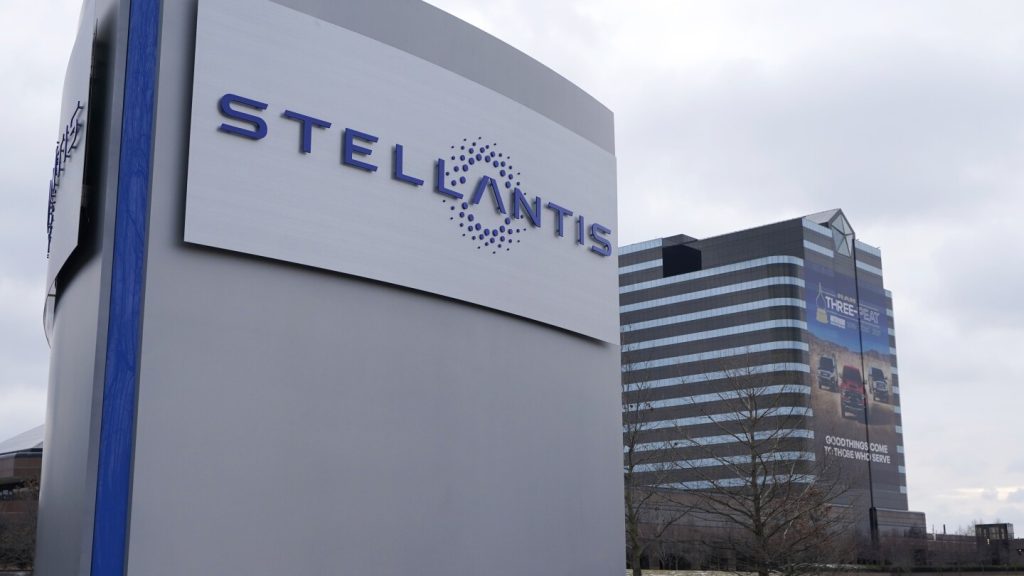Stellantis, the company behind Jeep, has announced plans to lay off workers at its U.S. factories in response to changes in the global auto market. The company is facing increased expenses as it transitions from gasoline vehicles to electric cars, as well as higher costs due to a new labor agreement with the United Auto Workers union. Stellantis stated that these layoffs are necessary to improve productivity and ensure the company’s long-term sustainability, although specific details about the layoffs were not provided. However, it was reported that 199 full-time workers were laid off at the Ram pickup truck factory in Michigan.
In addition to factory workers, Stellantis has also laid off some white-collar employees this year. CEO Carlos Tavares has emphasized the need to reduce costs globally in order to make electric vehicles more affordable for the middle class. He noted that EVs currently cost about 40% more than gasoline-powered vehicles, and without cost reductions, they could become too expensive for many consumers. Stellantis reported a nearly 10% decline in vehicle sales from January through March compared to the previous year, further highlighting the challenges the company is facing in the changing market.
The layoffs at Stellantis come as the company grapples with the ongoing shift towards electric vehicles and the financial implications of this transition. Tavares has stressed the importance of cutting costs to make EVs accessible to a wider range of consumers, as well as to ensure the company’s competitiveness in the evolving market. While the specific reasons for the layoffs were not disclosed, it is clear that Stellantis is taking steps to streamline operations and reduce expenses in response to these challenges.
The news of the layoffs at Stellantis reflects broader trends in the auto industry, as companies around the world adjust to the changing landscape of the market. With increasing demand for electric vehicles and growing pressure to reduce emissions, automakers are facing complex challenges that require significant investments in new technologies and infrastructure. By making strategic decisions to cut costs and improve efficiency, companies like Stellantis are positioning themselves for success in a rapidly evolving industry.
As Stellantis navigates the transition to electric vehicles and works to address the financial pressures facing the company, the layoffs announced at its U.S. factories signal a broader restructuring effort within the organization. By taking steps to improve productivity and reduce expenses, Stellantis aims to secure its position in the global auto market and ensure its long-term sustainability. As the industry continues to evolve, companies like Stellantis are likely to face ongoing challenges and opportunities that will shape the future of transportation.


